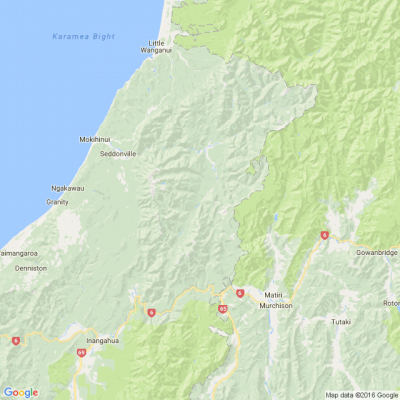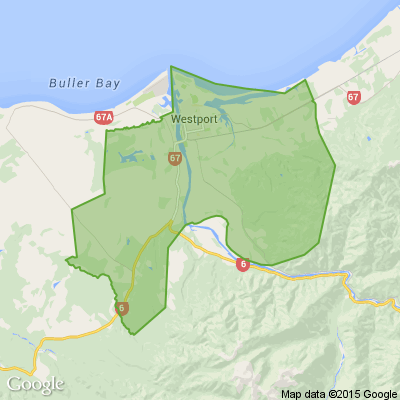West Coast dairy farm inspections down as priorities change
By local democracy reporter Lois Williams:
The West Coast Regional Council is cutting back on the number of visits it makes to dairy farms to check if farmers are doing the right thing by the region’s rivers.
And it says that is because by and large, they are.
The council marks its own card annually against the performance targets it set for the year in areas including environmental monitoring.
A report to next Tuesday’s Assurance and Risk committee by principal planning Officer Stewart Genery notes the council failed to meet all the targets it set itself for regular inspections to check if farmers are complying with their effluent discharge consents.
All ‘significant’ discharges – not just from farming - are supposed to be monitored at least once a year and the council met that target, making 498 field visits, the report found.
But over the last three quarters, it failed to achieve its target of inspecting all dairy farms that operate under permitted activity rules at least bi-annually, depending on the farmer’s compliance record.
The report says the council had reprioritised that work programme.
“Dairy farm visits continue … but as a result of maturing relationships with our dairy farming community and continued performance by that sector we have transitioned away from this work to other higher priority work programmes.”
Although that meant a “not achieved" mark, the result still represented a good outcome for the West Coast community, the report said.
Regional Councillor and farmer Andy Campbell says essentially that means farmers are doing a good job of meeting the conditions of their resource consents.
“Everyone’s pretty compliant these days - the Freshwater Farm Plans the council was working on were the carrot that would have replaced our present stick approach - though that’s now on hold."
The former government’s Freshwater Farm Plan regulations came in under the RMA last August and were to be the central tool for farmers to manage water issues, with rules tailored to specific catchments.
The West Coast Regional Council had completed much of that work including consultation with catchment groups and iwi and was about to embark this year on training certifiers and implementing the first Farm Plans.
But it paused the process in May after the government signalled it wanted to simplify the regulations.
“Under the circumstance it is risky for the council to continue … as any farm plan developed and verified may have to be changed substantially or the entire process could even be potentially redundant,” the council said at the time.
*LDR is local body journalism co-funded by RNZ and NZ On Air.

🧩 Crack the Code: Today’s Riddle Challenge! 🤔
I’m a three-digit number; my tens digit is five more than my ones, and my hundreds digit is eight less than my tens—what am I?
Do you think you know the answer to our riddle? Don't spoil it for your neighbours! Simply 'Like' this post if you know the answer and the big reveal will be posted in the comments at 2pm.
Want to stop seeing riddles in your newsfeed?
Head here and hover on the Following button on the top right of the page (and it will show Unfollow) and then click it. If it is giving you the option to Follow, then you've successfully unfollowed the Riddles page.

Show us your creative backyard build
We hope you've been enjoying the Neighbourly Backyard Awards so far, we know we have!
It is time for our last award. And the category is....Most creative backyard build
It could be a planter box, an outdoor table or even a backyard bar. We just want to see the sanctuary you've created in your backyard.
So share a photo, or two, in a comment below of your creation or backyard set up a to be in to win a $100 Mitre10 voucher. Winner will be announced next Monday 🛝🪴🛖

Poll: Do you have a pet at home?
Neighbourly members LOVE their pets, whether it's a smoochy cat, a trusty pup or even a feathered friend.
We'd like to know how many of you who see this post actually have a pet at home. Let us know in the poll below!

-
73.7% Yes - I have a pet / multiple pets
-
7.7% Not currently, but one day!
-
18.6% Nope, I live in a pet-free home






 Loading…
Loading…






















